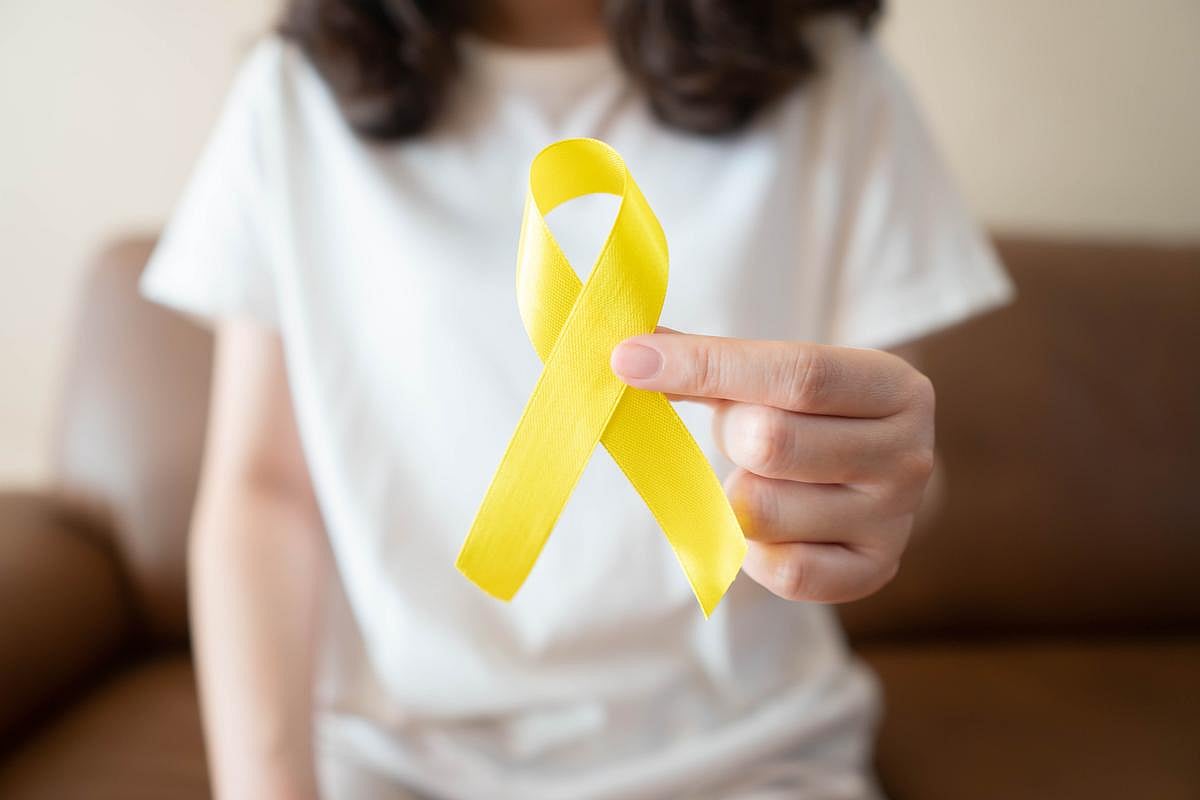No significant toxicities observed in 11 patients included in study; 10 were alive at median follow-up of 2.6 years
By Elana Gotkine HealthDay Reporter
MONDAY, Oct. 27, 2025 (HealthDay News) — For young patients with primary multimetastatic Ewing sarcoma, pazopanib is well-tolerated and effective, according to a study published online Oct. 22 in Frontiers in Oncology.
Noting that pazopanib has been proposed as an effective salvage regimen for soft tissue sarcoma, including extraosseous Ewing sarcoma, Anna Raciborska, M.D., Ph.D., from the Institute of Mother and Child in Warsaw, Poland, and colleagues examined this approach for young patients with primary multimetastatic bone Ewing sarcoma. Eleven patients received standard first-line treatment in parallel with pazopanib.
The researchers found that pazopanib was administered for an average of 1.7 years, throughout the treatment period and after its completion (paused during the surgical procedure). Patients’ median age was 14.2 years at the beginning of pazopanib treatment. Five patients underwent surgery on the primary tumor; 10 received concurrent radiation therapy and three underwent autologous hematopoietic stem cell transplantation. No significant toxicities were observed. One, two, and one patients progressed, had relapse, and died (9.1, 18.2, and 9.1 percent, respectively). With a median follow-up of 2.6 years, 10 patients (90.9 percent) were alive. For the whole group, estimated two-year event-free and overall survival were 68.2 and 85.7 percent, respectively.
“Survival rates were higher than in historical controls, suggesting it may extend lives and, importantly, do so without adding severe toxicity,” Raciborska said in a statement. “Moreover, the quality of life of treated children was good.”
Copyright © 2025 HealthDay. All rights reserved.








